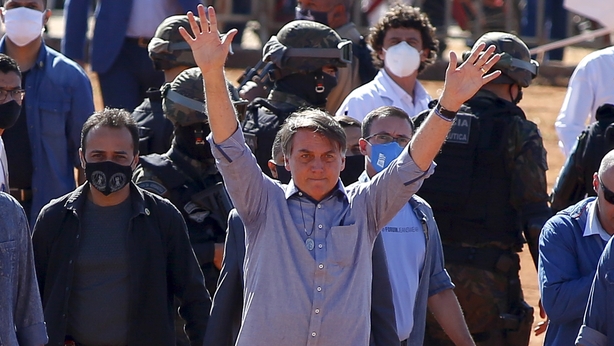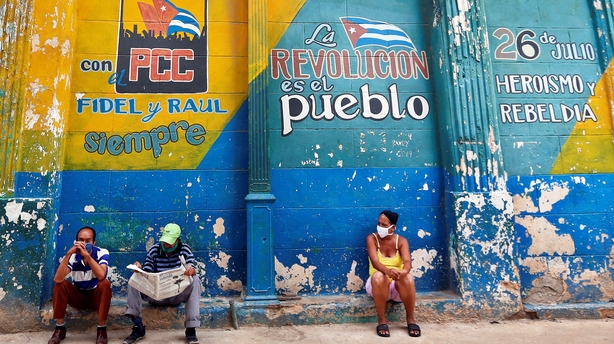New Zealand has eliminated transmission of the coronavirus and will lift all containment measures except for border curbs, Prime Minister Jacinda Ardern has said, adding that she "did a little dance" upon hearing that the country had no active cases.
The government will drop social distancing restrictions form midnight tonight as it moves to a level 1 national alert from Level 2, Ms Ardern told a news conference.
Public and private events, the retail and hospitality industries and all public transport could resume without social distancing norms still in place across much of the world.
"What I would reemphasise is that our border is critical", Ms Ardern said.
"The reason that New Zealanders as of tomorrow will be able to move around with freedom that very few other countries in the world have is because we are maintaining those restrictions at the border.
"So they will continue to be critical and that means applying a really critical analysis if and when we come to a position where we believe another country is in a similar position to us and therefore we can safely travel between.
"We haven't put an arbitrary timeline on it because that simply comes down to a judgement that does rely on daily data and it's simply the case that at the moment those decisions we are just not ready to make yet."
The milestone was "really good news" and an achievement the whole of New Zealand could take heart from, health department director-general Ashley Bloomfield said.
"Having no active cases for the first time since February 28 is certainly a significant mark in our journey but, as we've previously said, ongoing vigilance against Covid-19 will continue to be essential," he said in a statement.
Today we can announce that there are now no active cases of COVID-19 in New Zealand! Read our full update at https://t.co/YYbSSBzUJC pic.twitter.com/GEMQ1QghgA
— Ministry of Health - Manatū Hauora (@minhealthnz) June 8, 2020
New Zealand has won praise for its handling of the pandemic, which involved a strict seven-week lockdown that ended last month after the virus was contained.
The South Pacific nation, with a population of five million, has had 1,154 confirmed cases and 22 deaths.
There have been no new infections for 17 days and, until today, just one active case for more than a week.
"(The) remaining case has been symptom-free for 48 hours and is regarded as recovered. The person has now been released from isolation," the health department said.
Meanwhile, Poland saw a record spike in new confirmed coronavirus cases over the weekend, with most of the hundreds of infections reported by the health ministrylinked to a coal mine in the south of the country.
The 1,151 new cases, 576 of them registered Saturday and 575 yesterday, marked the EU country's highest consecutive two-day total thus far.
Surging fatalities in Latin America helped push the global coronavirus death toll above 400,000 yesterday even as Europe emerged from its virus lockdown with infections increasingly under control there.
Brazil has the world's third-highest toll, more than 36,000 dead, but President Jair Bolsonaro has criticised stay-at-home measures imposed by local officials and has threatened to leave the World Health Organization.

Tolls are also rising sharply in Mexico, Peru and Ecuador, while in Chile, total deaths have now reached 2,290.
Chilean health minister Jaime Manalich said yesterday that some miscounting pointed out by the WHO in March and April was corrected, pushing the toll up from 1,541 on Saturday.
In Cuba, President Miguel Diaz-Canel declared the coronavirus pandemic is "under control" after the island nation registered an eighth straight day without a death from Covid-19.
It paves the way for an announcement next week on Cuba's strategy to gradually lift its lockdown.
The country of 11.2 million has recorded just under 2,200 cases and 83 deaths from the virus.
With 1,862 people having recovered, Cuba has only 244 active cases.
However, Mr Diaz-Canel said the country could not become complacent given a spate of new infections since 28 May.


